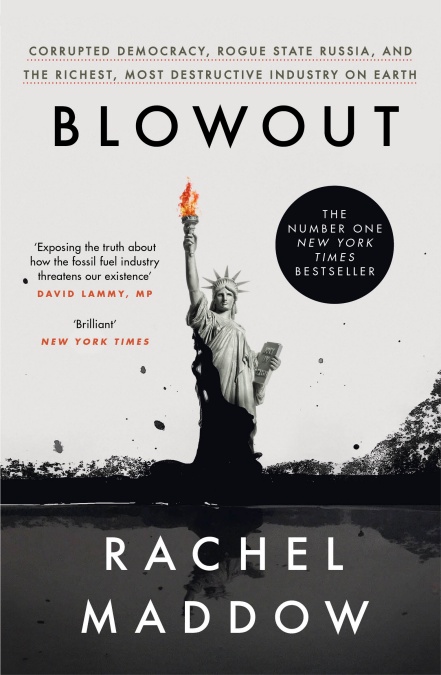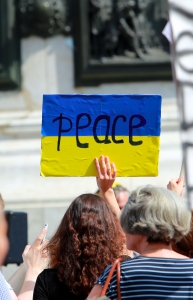
From battles near and far to leaders that changed the world
forever, these nine books offer a better grasp on why war
happens, how it affects all of us and what we can do in its
wake.
Man's Search for Meaning: The classic tribute to hope from the Holocaust
Victor E. Frankl
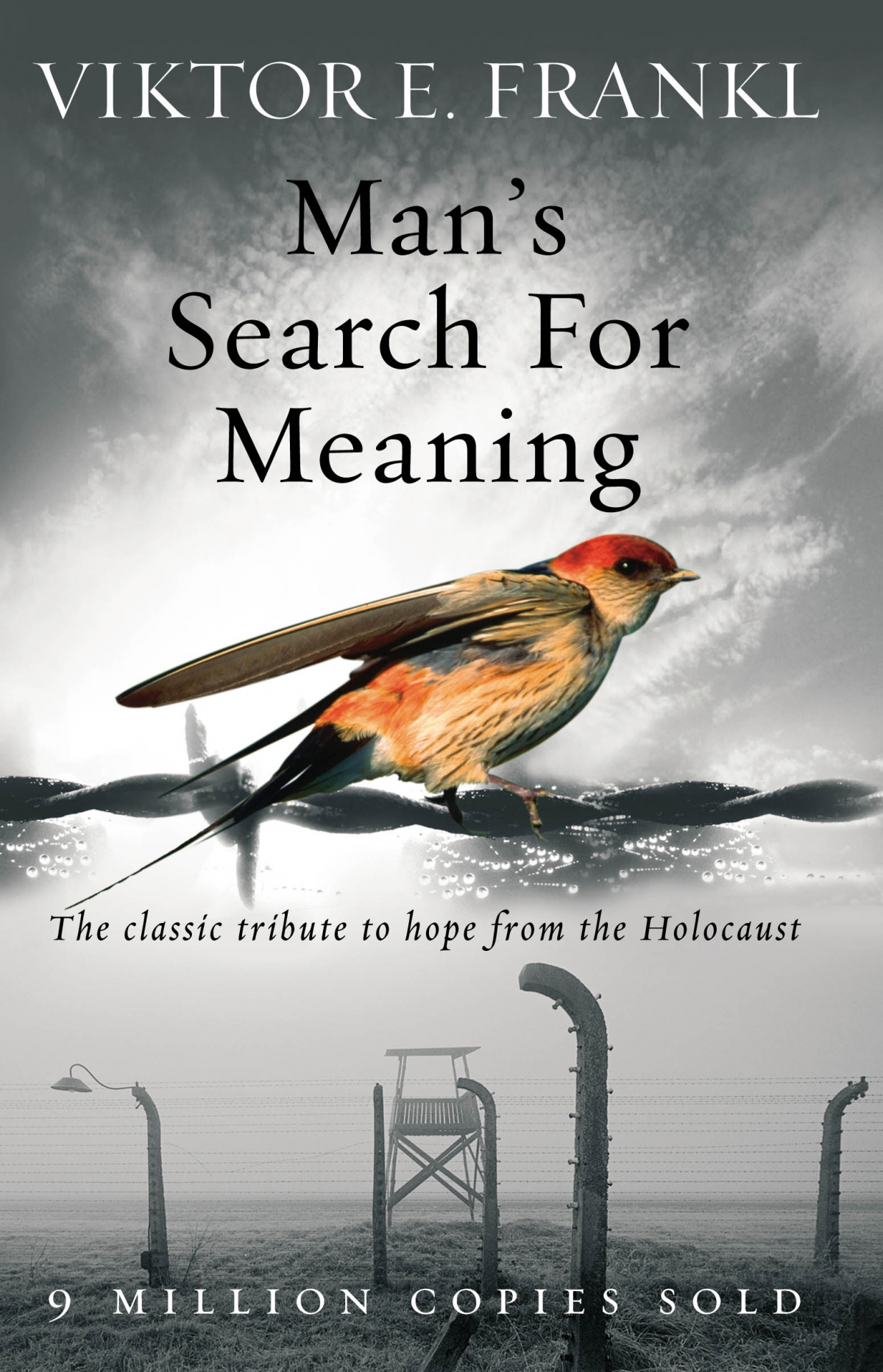 A prominent Viennese psychiatrist before the war, Viktor Frankl was uniquely able to observe the way that he and other inmates coped with the experience of being in Auschwitz. He noticed that it was the men who comforted others and who gave away their last piece of bread who survived the longest – and who offered proof that everything can be taken away from us except the ability to choose our attitude in any given set of circumstances. The sort of person the prisoner became was the result of an inner decision and not of camp influences alone. Only those who allowed their inner hold on their moral and spiritual selves to subside eventually fell victim to the camp's degenerating influence – while those who made a victory of those experiences turned them into an inner triumph. Frankl came to believe that man's deepest desire is to search for meaning and purpose. This outstanding work offers us all a way to transcend suffering and find significance in the art of living.
A prominent Viennese psychiatrist before the war, Viktor Frankl was uniquely able to observe the way that he and other inmates coped with the experience of being in Auschwitz. He noticed that it was the men who comforted others and who gave away their last piece of bread who survived the longest – and who offered proof that everything can be taken away from us except the ability to choose our attitude in any given set of circumstances. The sort of person the prisoner became was the result of an inner decision and not of camp influences alone. Only those who allowed their inner hold on their moral and spiritual selves to subside eventually fell victim to the camp's degenerating influence – while those who made a victory of those experiences turned them into an inner triumph. Frankl came to believe that man's deepest desire is to search for meaning and purpose. This outstanding work offers us all a way to transcend suffering and find significance in the art of living.
The Bomber Mafia
Malcolm Gladwell
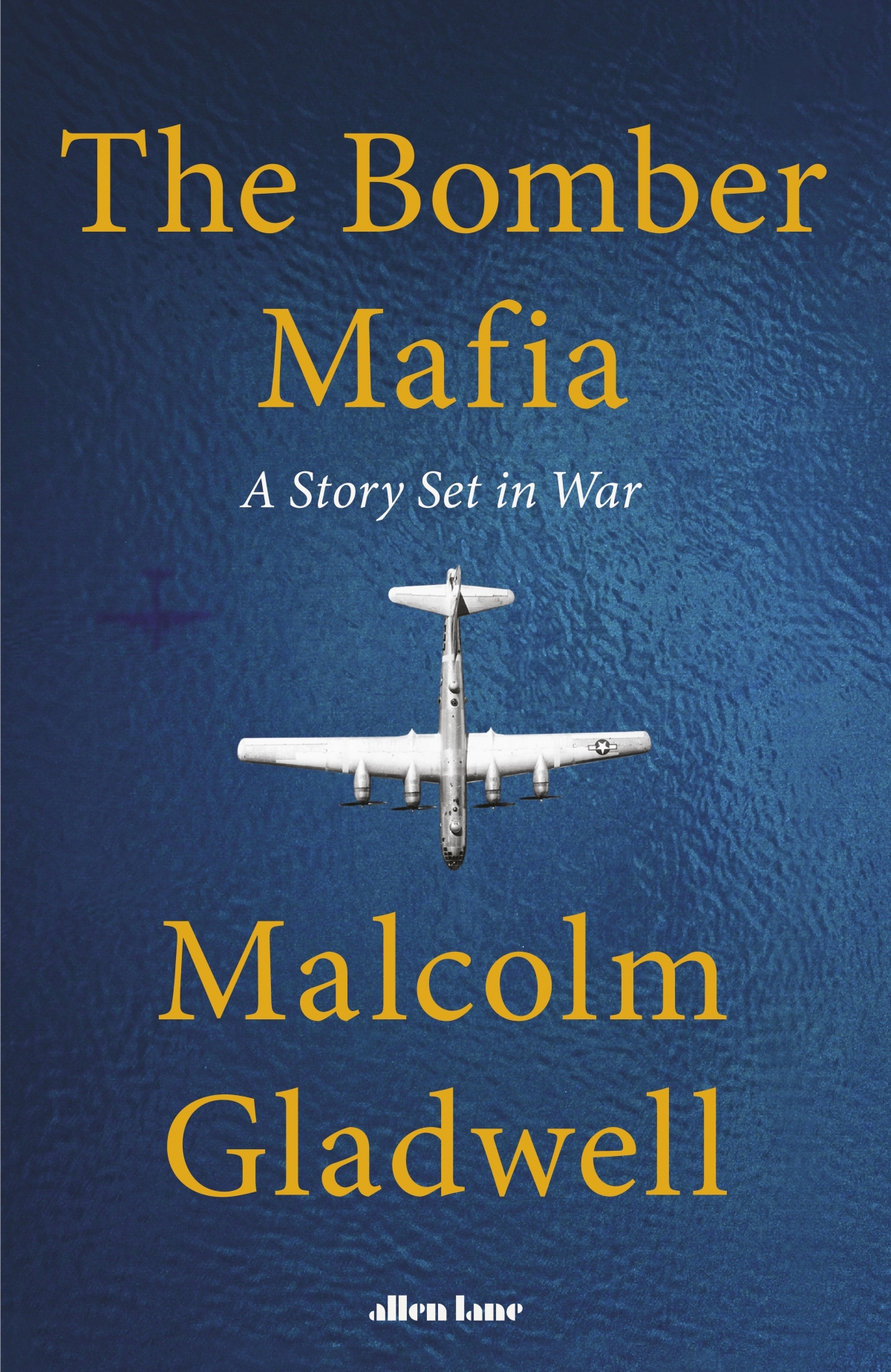 In the years before the Second World War, in a sleepy air force base in central Alabama, a small group of renegade pilots put forth a radical idea. What if we made bombing so accurate that wars could be fought entirely from the air? What if we could make the brutal clashes between armies on the ground a thing of the past? This book tells the story of what happened when that dream was put to the test.
In the years before the Second World War, in a sleepy air force base in central Alabama, a small group of renegade pilots put forth a radical idea. What if we made bombing so accurate that wars could be fought entirely from the air? What if we could make the brutal clashes between armies on the ground a thing of the past? This book tells the story of what happened when that dream was put to the test.
The Bomber Mafia follows the stories of a reclusive Dutch genius and his homemade computer, Winston Churchill's forbidding best friend, a team of pyromaniacal chemists at Harvard, a brilliant pilot who sang vaudeville tunes to his crew, and the bomber commander, Curtis Emerson LeMay, who would order the bloodiest attack of the Second World War.
In this tale of innovation and obsession, Gladwell asks: what happens when technology and best intentions collide in the heat of war? And what is the price of progress?
Battle of Bangui: The Inside Story of South Africa’s Worst Military Scandal since Apartheid
Warren Thompson, Stephan Hofstatter and James Oatway
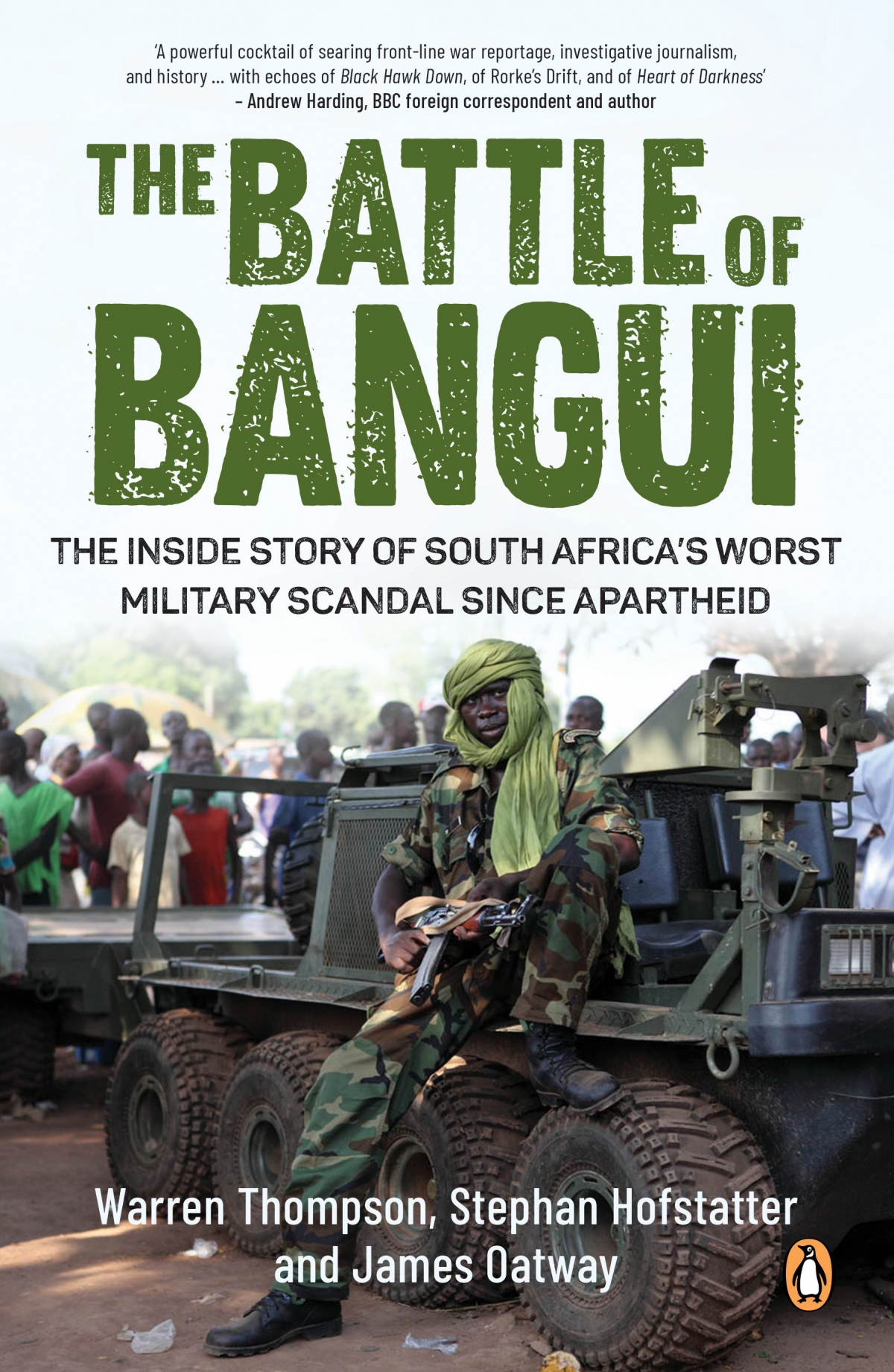 In March 2013, South Africa suffered its worst military defeat since the end of apartheid. After a battle that lasted almost two days, 200 crack troops who engaged 7 000 rebels in the Central African Republic were forced to negotiate a ceasefire at their base. Thirteen South African soldiers died in the battle, with two more later succumbing to their wounds.
In March 2013, South Africa suffered its worst military defeat since the end of apartheid. After a battle that lasted almost two days, 200 crack troops who engaged 7 000 rebels in the Central African Republic were forced to negotiate a ceasefire at their base. Thirteen South African soldiers died in the battle, with two more later succumbing to their wounds.
The mission was shrouded in mystery from the start. The deployment and the diplomatic machinations that led to it were kept secret from the South African public and Parliament. So, too, were an assortment of shadowy commercial interests held by businessmen, some with close ties to the African National Congress. In an investigation spanning more than seven years, the authors gained exclusive access to the soldiers who fought valiantly against overwhelming odds; travelled to Bangui to obtain documentation and meet the rebel leaders who took part in the battle; interviewed a deposed dictator living in exile in Paris; and spoke to the widows of the fallen soldiers. They also met influential fixers and dealmakers, and unearthed secret files containing bribe agreements to unravel an intricate web of corruption and patronage reaching the highest echelons of power in South Africa and the CAR.
After close to a decade of speculation and rumour, The Battle of Bangui lays bare for the first time both the litany of strategic, tactical and logistical blunders that ended in military disaster, and the secret diplomatic and commercial deals that led to South Africa’s worst foreign misadventure of the democratic era. It’s also a cracking war story filled with heroism, camaraderie, terror, pathos and triumph over adversity.
Blowout: Corrupted Democracy, Rogue State Russia, and the Richest, Most Destructive Industry on Earth
Rachel Maddow
Corrupt? Yes.
Unimaginably lucrative? Of course.
But, the enemy of democracy?
Blowout is the oil and gas industry as we've never seen it before, as told by America's most incisive political journalist, Rachel Maddow. A blackly comic journey from Washington to Siberia, to deep within the earth's crust and the icy Arctic seas, it reveals is not just the greed and incompetence of Big Oil and Gas but why the Russian government hacked the 2016 U.S. election.
This is our final wake-up call: to stop subsidizing oil and gas, to fight for transparency, and to check the influence of the world's most destructive industry before it destroys our democracy
Vintage Russian: War and Peace
Leo Tolstoy
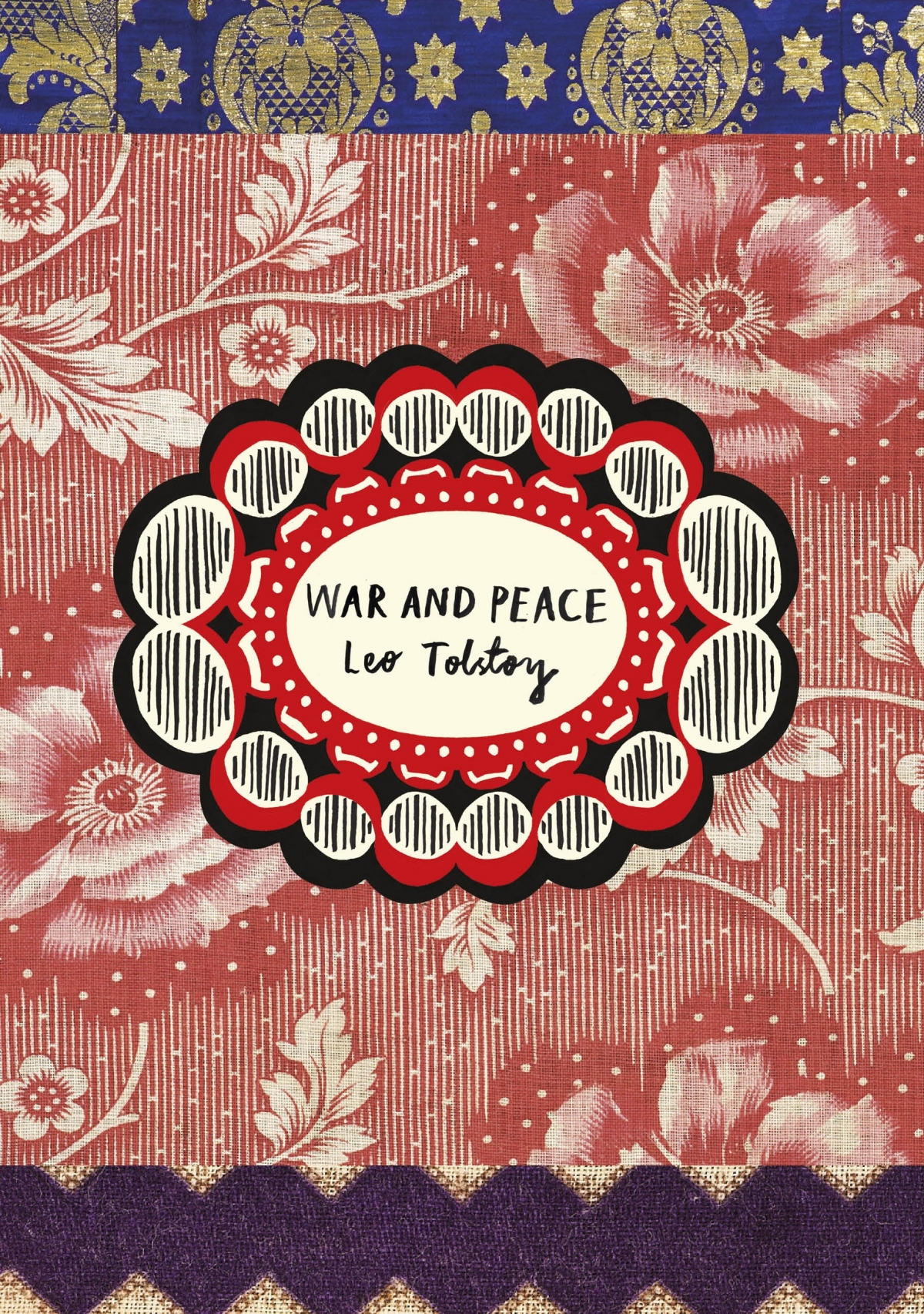 Tolstoy's enthralling epic depicts Russia's war with Napoleon and its effects on the lives of those caught up in the conflict. He creates some of the most vital and involving characters in literature as he follows the rise and fall of families in St Petersburg and Moscow who are linked by their personal and political relationships. His heroes are the thoughtful yet impulsive Pierre Bezukhov, his ambitious friend, Prince Andrei, and the woman who becomes indispensable to both of them, the enchanting Natasha Rostov.
Tolstoy's enthralling epic depicts Russia's war with Napoleon and its effects on the lives of those caught up in the conflict. He creates some of the most vital and involving characters in literature as he follows the rise and fall of families in St Petersburg and Moscow who are linked by their personal and political relationships. His heroes are the thoughtful yet impulsive Pierre Bezukhov, his ambitious friend, Prince Andrei, and the woman who becomes indispensable to both of them, the enchanting Natasha Rostov.
Shots from the Edge: A Photojournalists Encounters with Conflict and Resilience
Greg Marinovich
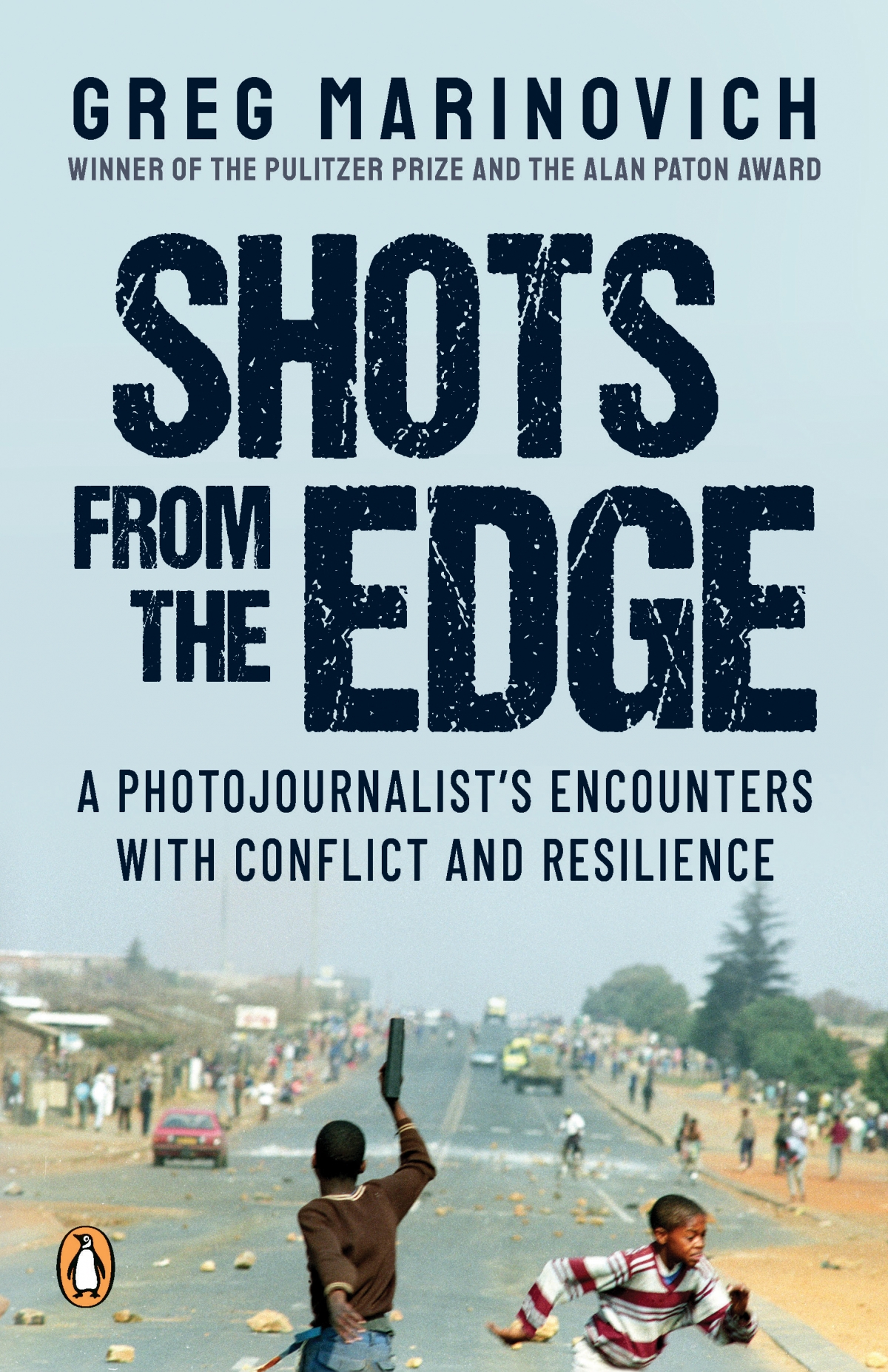 Award-winning photojournalist Greg Marinovich has covered war and conflict throughout Africa and the world. From Eastern Europe to Central Africa, Marinovich recounts his experiences in war zones, recalling his encounters with rebels, child soldiers, illegal immigrants, militia members, peacekeepers, aid workers, genocide survivors and orphans, each with a remarkable story to tell.
Award-winning photojournalist Greg Marinovich has covered war and conflict throughout Africa and the world. From Eastern Europe to Central Africa, Marinovich recounts his experiences in war zones, recalling his encounters with rebels, child soldiers, illegal immigrants, militia members, peacekeepers, aid workers, genocide survivors and orphans, each with a remarkable story to tell.
With compassion and care, Marinovich documents more than two decades’ worth of turbulent history and reveals the human side of the conflicts. Some of the moments are deeply moving and profound; others so surreal as to blur into insanity. Covering South Africa, Angola, Mozambique, Somalia, Rwanda, Uganda, Sierra Leone, Bosnia, Chechnya, India, Saudi Arabia, Palestine and Trump’s America, this book exposes the reader to extraordinary people, places and experiences.
The accounts in Shots from the Edge are insightful, tragic, shocking and occasionally humorous, but above all they are a poignant reminder of the brutality and indignity of war, and of people’s resilience under the most hostile circumstances.
Hitler and Stalin
Laurence Rees
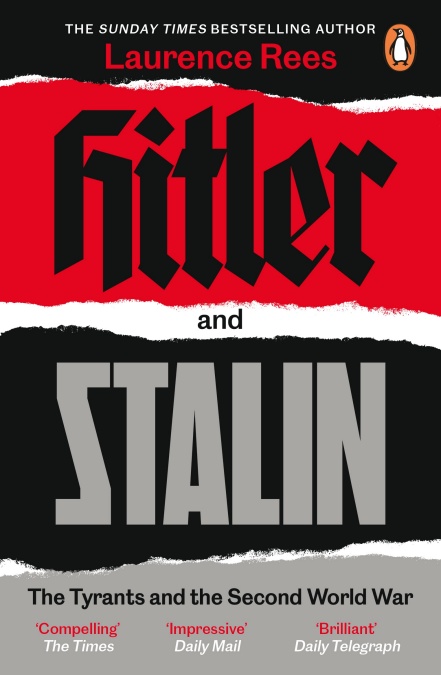 Two tyrants. Each responsible for the death of millions.
Two tyrants. Each responsible for the death of millions.
This compelling book on Hitler and Stalin – the culmination of thirty years' work – examines the two leaders during the Second World War, when Germany and the Soviet Union fought the biggest and bloodiest war in history.
Hitler's charismatic leadership may contrast with Stalin's regimented rule by fear; and his intransigence later in the war may contrast with Stalin's change in behaviour in response to events. But as bestselling historian Laurence Rees shows, at a macro level, both were prepared to create undreamt-of suffering – in Hitler's case, most infamously the Holocaust – in order to build the utopias they wanted.
Using previously unpublished, startling eyewitness testimony from soldiers, civilians and those who knew both men personally, Laurence Rees - probably the only person alive who has met Germans who worked for Hitler and Russians who worked for Stalin – challenges long-held popular misconceptions about two of the most important figures in history. This is a master work from one of our finest historians.
A Short History of Russia
Mark Galeotti
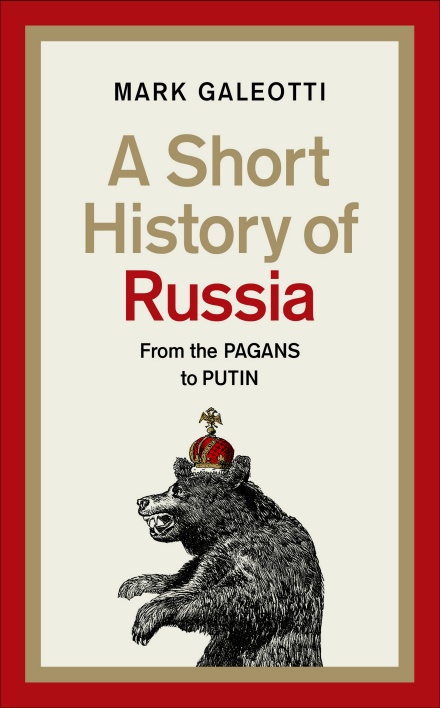 Can anyone truly understand Russia? Let one of the world's leading experts show you how, using the fascinating history of a nation to illuminate its future.
Can anyone truly understand Russia? Let one of the world's leading experts show you how, using the fascinating history of a nation to illuminate its future.
Russia is a country with no natural borders, no single ethnos, no true central identity. At the crossroads of Europe and Asia, it is everyone's 'other'. And yet it is one of the most powerful nations on earth, a master game-player on the global stage with a rich history of war and peace, poets and revolutionaries.
In this essential whistle-stop tour of the world's most complex nation, Mark Galeotti takes us behind the myths to the heart of the Russian story: from the formation of a nation to its early legends – including Ivan the Terrible and Catherine the Great – to the rise and fall of the Romanovs, the Russian Revolution, the Cold War, Chernobyl and the end of the Soviet Union – plus the rise of a politician named Vladimir Putin.
The Amur River: Between Russia and China
Colin Thubron
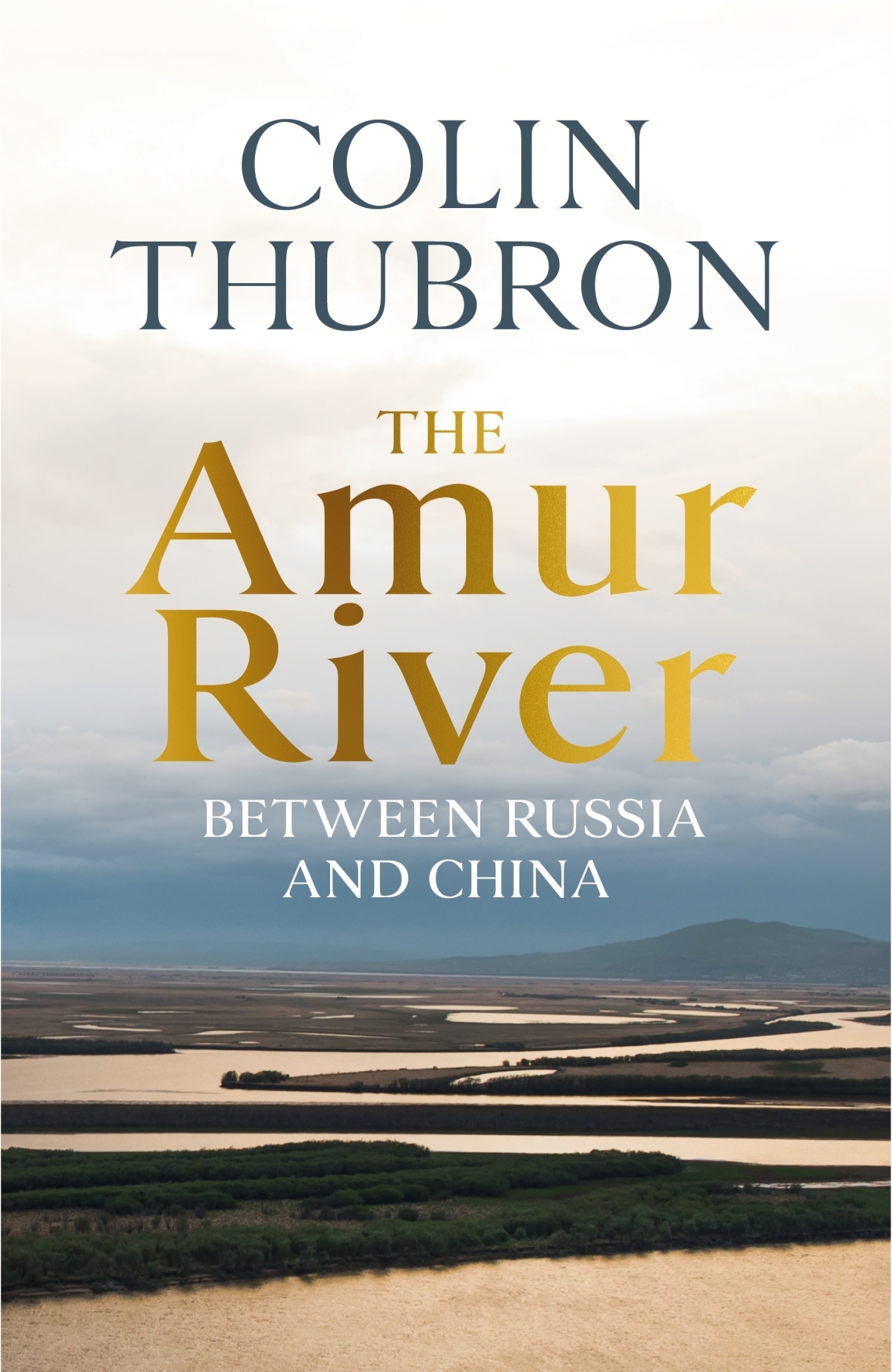 The Amur River is almost unknown. Yet it is the tenth longest river in the world, rising in the Mongolian mountains and flowing through Siberia to the Pacific. For 1,100 miles it forms the tense border between Russia and China. Haunted by the memory of land-grabs and unequal treaties, this is the most densely fortified frontier on earth.
The Amur River is almost unknown. Yet it is the tenth longest river in the world, rising in the Mongolian mountains and flowing through Siberia to the Pacific. For 1,100 miles it forms the tense border between Russia and China. Haunted by the memory of land-grabs and unequal treaties, this is the most densely fortified frontier on earth.
In his eightieth year, Colin Thubron takes a dramatic journey from the Amur's secret source to its giant mouth, covering almost 3,000 miles. Harassed by injury and by arrest from the local police, he makes his way along both the Russian and Chinese shores, starting out by Mongolian horse, then hitchhiking, sailing on poacher's sloops or travelling the Trans-Siberian Express. Having revived his Russian and Mandarin, he talks to everyone he meets, from Chinese traders to Russian fishermen, from monks to indigenous peoples. By the time he reaches the river's desolate end, where Russia's nineteenth-century imperial dream petered out, a whole, pivotal world has come alive.
The Amur River is a shining masterpiece by the acknowledged laureate of travel writing, an urgent lesson in history and the culmination of an astonishing career.







